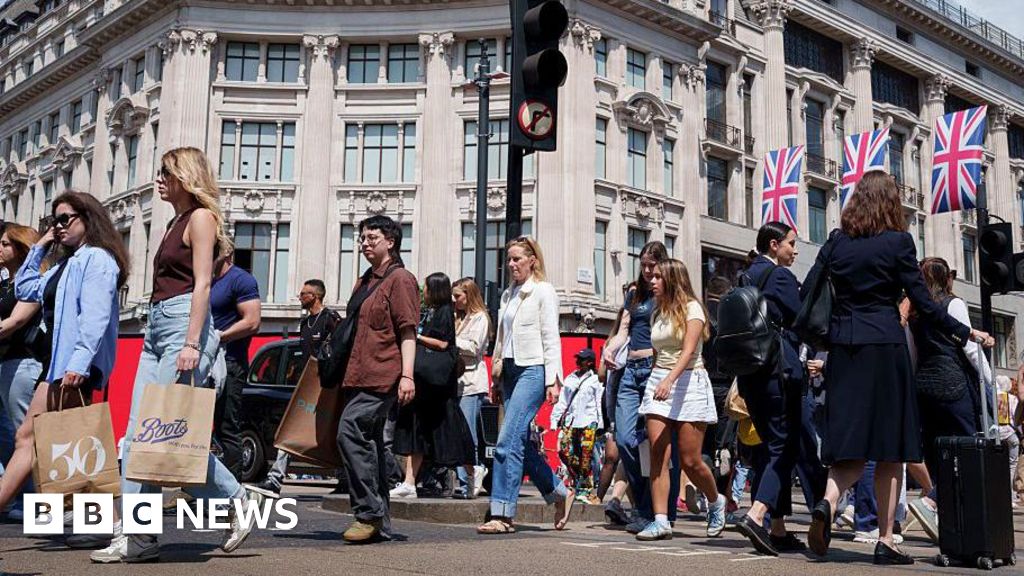T4K3.news
Retail sales rise by 0.6% in June
Americans demonstrated strong spending habits despite rising tariffs.

Spending patterns indicate resilience among American consumers despite tariffs.
Retail sales show unexpected strength in June
Retail sales in the United States rose by 0.6% in June, surpassing economists' expectations of a 0.2% increase, according to the Commerce Department. This rebound follows a significant decline of 0.9% in May. Notably, sales across various sectors, including a 1.2% increase at car dealerships, contributed to this rise. However, when adjusted for inflation, the increase drops to a modest 0.3%. Also, spending at restaurants and bars, a key indicator of discretionary income, rose 0.6%. With consumer spending accounting for about two-thirds of the US economy, many are watching closely as inflation pressures build from recent tariffs.
Key Takeaways
"Americans are still opening their wallets, even as President Trump’s tariffs start to take a bite."
This highlights consumer resilience amid economic uncertainty.
"Retail sales rose significantly against the backdrop of tariff pressures, indicating consumer strength."
This shows that consumers have not yet cut back on spending, which is crucial for the economy.
These retail figures suggest that American consumers remain willing to spend, even as tariffs begin to push prices higher. This resilience is crucial since consumer spending drives economic growth. However, the impact of inflation on future spending is a point of concern. If prices continue to rise, spending may stagnate, impacting overall economic health. The current climate indicates a delicate balance; although sales are strong, inflation could soon change this narrative.
Highlights
- American consumers are still willing to spend despite challenges.
- Resilient retail sales hint at strong consumer confidence.
- Tariffs may raise prices, but spending remains steady for now.
- Inflation pressures could change the spending landscape.
Consumer spending at risk from inflation pressures
As inflation rises due to tariffs, consumer spending may slow, impacting overall economic growth. Policymakers are worried about the sustainability of current spending patterns.
The ongoing effect of tariffs on consumer spending remains uncertain as inflation rises.
Enjoyed this? Let your friends know!
Related News
U.S. retail sales show unexpected growth in June

Mortgage approvals increase as housing market stabilizes

US-EU trade deal limits tariffs to 15%

UK borrowing exceeds £20bn in June

Keir Starmer to discuss steel tariffs with Donald Trump

July food prices rise 4%, impacting retail
:max_bytes(150000):strip_icc()/GettyImages-2227723550-e694a4f3ee1d4e72bdefbf6236937641.jpg)
Stocks Retreat as Investors Await Key Technology Earnings

Retail sales in Great Britain rose in June
